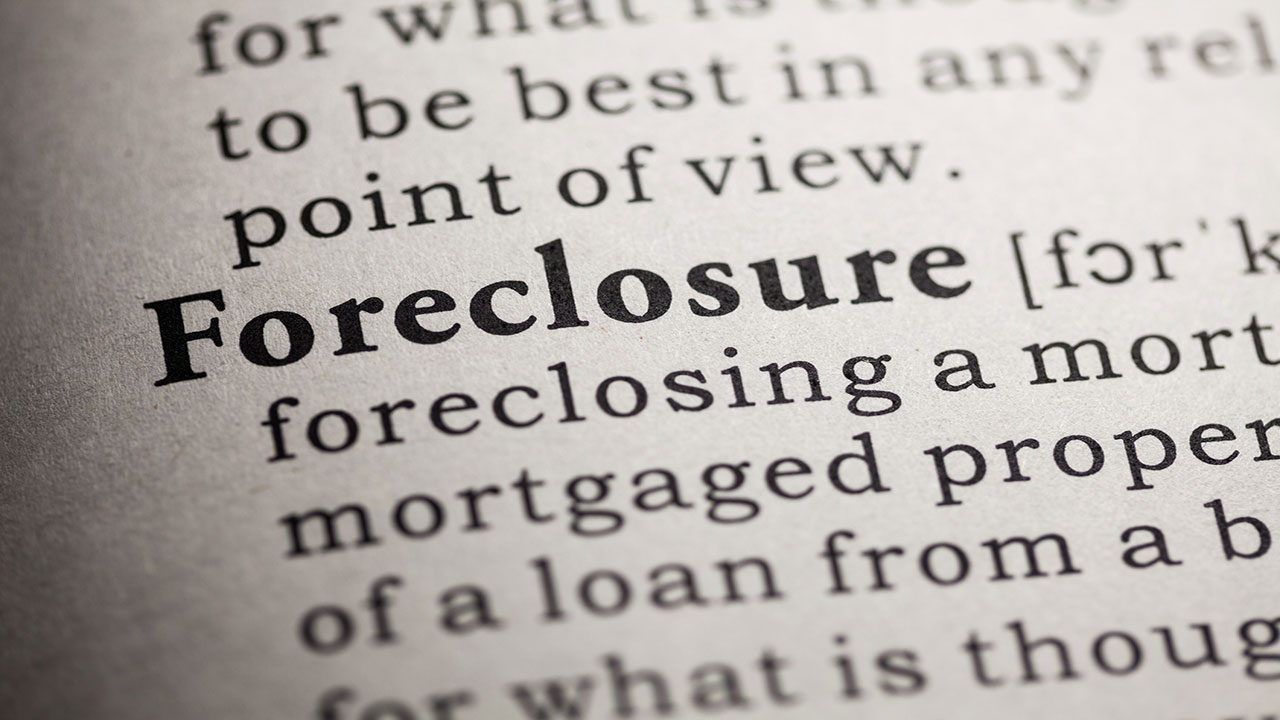
You wouldn’t try to rewire your home, give yourself a root canal, or replace the engine in your car on your own without the help of a professional, would you?
Well, selling a home is no different. This is a critical asset and one of high value, and the selling transaction should be handled with the representation of a real estate agent.
The thing is, agents charge commissions to sell homes. It’s how they make money. It’s their job. You wouldn’t expect to report to the office 8 hours a day without a paycheck. Your tasks are valuable to your company, as are the tasks that agents handle to ensure a successful transaction.
But many sellers try to take the FSBO route in an effort to save money. But what ends up happening is that many sellers not only end up with less money in their pocket at the end of the day, but they also put themselves at risk for litigation.
If you’re planning to sell your home and are thinking of going solo, consider the following reasons why you should think twice.
1. Emotions Could Get the Best of You

Buying and selling real estate is an emotionally-charged situation. As a seller, you’re probably emotionally vested in your home, especially given the memories you’ve likely built up in that place. It can be tough to keep these emotions out of the picture when negotiating with a buyer.
Instead, a real estate agent can be a neutral buffer that you need to serve as the middleman between you and the buyer. Your agent will be able to keep a cool head and make sure that all pertinent matters are handled appropriately and professionally without letting emotions cloud better judgment.
This will help you avoid making any regrettable mistakes, such as overpricing, overreacting to a lowball offer, or throwing in the towel if you’re in a rush to sell. Having an agent in your corner will help to keep these emotions from getting in the way of making sound decisions.
2. You’ll Have to Spend a Lot of Time Booking and Hosting Showings
One of the many things that real estate agents do is book showings for their listed homes. After all, buyers need to have a chance to scope out a home in person, and booking a showing is the way to do that.
But if you’re selling on your own, you’ll be tasked with taking all these calls and making sure that the people who want to meander throughout your home are qualified and even trustworthy enough. Taking these calls and qualifying buyers is a lot of work and takes a lot of time. It would be a real nuisance, especially if you work full-time and have to put up with your job being interrupted regularly.
A real estate agent will be able to put a cap on these hassles and book showings with buyers who are more likely to be serious about buying. They’re trained to ask the right questions to identify how serious or motivated a potential prospect is. Listing agents will also ensure that buyer agents are present during the showings.
If you do this on your own, you’ll either have to be present during the showing or allow a complete stranger to walk around your home unattended, neither of which is recommended.
3. Negotiating Can Prove to be Very Difficult

How much experience do you have negotiating real estate deals? Unless you’re an agent yourself, you probably don’t have much. The thing is, negotiating is a critical component to ensuring a successful transaction.
An experienced listing agent will have already negotiated several home sales and will know exactly what needs to be said and done in order to ensure there’s a meeting of the minds between buyer and seller.
Sellers who try to negotiate on their own probably aren’t familiar with local market conditions or customs at the negotiating table. Instead, agents have their finger on the pulse of the market and are better able to understand what’s currently driving demand. This, in turn, gives them the benefit of knowing what terms of the contract are worth negotiating for versus those that they can let the buyer take.
4. You Likely Don’t Know How to Come Up With an Appropriate Listing Price
One of the most important aspects of selling a home is coming up with an appropriate listing price. Many sellers have a natural inclination to go high with their listing price, which is a bad idea if it’s not in line with the market. If you price higher than what your home is worth, buyers will likely gloss over your home in favor of a property that’s more fairly priced.
This can leave you with no offers to consider and will cause your listing to become stale. The longer it sits in the market, the more buyers will start to think there’s a problem with it. At some point, you’ll have to drop the price. You may even have to lower it below what the market value dictates just to get some attention.
Instead, an agent will be able to find out what similar homes sold for in the recent past in your area and help you come up with a competitive listing price that can help you get your home sold more quickly and for a higher price.
5. You Could Put Yourself at Risk of Legal Action

A real estate contract is legally binding. That means that all parties involved have a legal obligation to follow through with its terms. There are plenty of legalities involved in a real estate contract, so if you are not prudent enough to make sure the contract is legally airtight, you could find yourself at risk for litigation.
6. You’ll Have a Much Shorter Marketing Reach
Real estate agents are masters at marketing homes for sale. It’s one of their best traits – and most important ones. A crucial aspect of selling a home is being able to reach the masses of buyers out there.
When selling, how will you reach buyers if you’re taking on this job on your own?
Instead, an agent will use every marketing avenue they have available that would effectively reach buyers. They have analytic tools and know how to promote their listings to other agents in the area to find a buyer sooner rather than later. Having this type of marketing help is crucial to a successful sale.
The Bottom Line
If you’re thinking of selling soon, one of the first things you should do is start interviewing agents. Going it alone is not recommended at all. You’ll leave yourself at risk of legal action and could even end up selling for a lot less than you should.
Plus, it will take up a lot more time that you probably have and can end up being a stressful situation if you’re inexperienced with this type of transaction. Your best bet is to leave it to the pros and call in an agent to help you sell your home.




























